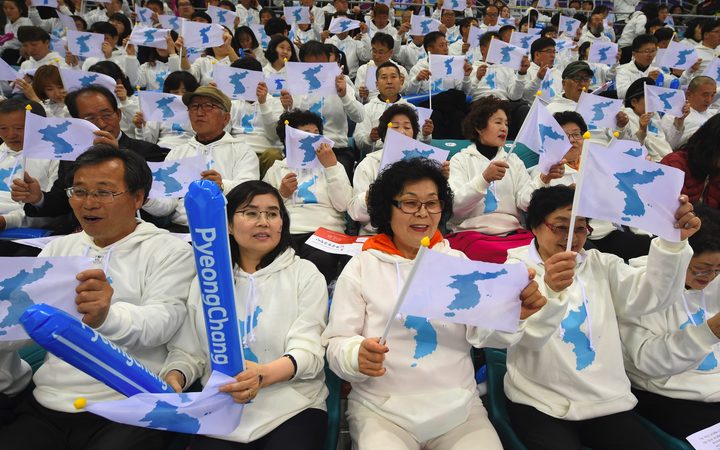TRUMAN DALY WRITES – It is widely known that the Olympics take a heavy economic toll on the host country. With this in mind, the question must be asked: What kind of economic effect did the 2018 Winter Games have on PyeongChang? If economist Andrew Zimbalist is to be believed, it is a fairly negative one.
Zimbalist says that PyeongChang spent $13 billion and will get back about $2.5 billion, meaning that the Olympics have racked up a hefty debt for the city and country. The low return on investment is primarily due to underwhelming ticket sales, with estimates stating only about 65% of available tickets were sold. According to Zimbalist, the only way this debt can be justified is through either an increase in tourism, investment from foreign firms, or a large return on the domestic infrastructure built for the Games. However, Zimbalist adds that “There’s no evidence from other Olympics that [the investments] happen[s].”
In addition to the cost incurred from the bid itself and from construction of a new infrastructure, South Korea helped pick up the tab for North Korea participation in the games. The payment helped cover the travel costs for the hundreds of North Koreans who came to the south.
South Korean companies hope to make up some of the deficit through an increased number of product sales to those excited by the games. The South Korean Herald reported in December that early iterations of Olympics-branded products had been selling well, according to companies such as Lotte Department Store. The push for increased accessibility to the site of the games has also led to the construction of a new station and new lines for South Korea’s high-speed rail network. Ji Won-tae, head of the team in charge of the project at Korea Railroad Corporation, says that this line is the “first high-speed train service that links the west and the east of the nation.” This improvement may not yield the short-term economic boost that Zimbalist is looking for, but the new construction has future-proofed the country’s bullet train network for years to come.
The final benefit arising from the Olympic cost has nothing to do with economics. As the first Olympics in which North and South Korea are putting forth a unified team, PyeongChang 2018 serves as a landmark occasion and a significant step forward in the historically tense relationship between the two nations. South Korea may view the initial cost of hosting the games as an investment toward an improved relationship with their neighbors to the north. Regardless of the debt, the South Korean government has been enthusiastic about the 2018 Winter Olympics. The country totaled 17 medals.

